To answer the question of what is the media perhaps it should be said that these days every human being is a media. The media lie, the media should be free, the media should be controlled, and almost everything we know about other countries is influenced by the media. In the age of media, people get caught up in news cycles, but since the emergence of social media , governments can no longer narrate news in any way they want with traditional media. The statement that we try to convey news impartially in our media is not true because in reality there is no neutral media. A business that does not have its own media must spend a large part of its income on rented media, of course, it must also pay attention to the fact that individual media is more important than mass media, even though its importance is less visible.
Analysts on websites, social networks, radio and television, constantly talk about the history and role and position of the media. Some admire this phenomenon, while others constantly try to remind people not to become victims of the media.
In this lesson, we talk about the word media. We start from the definition of media and reach the types of media and the function of media. This course does not have an analytical aspect and is more dedicated to the definition of terms related to media. But it can be an introduction to talk more about media management and media literacy in the future.
The meaning of media
Media is a relatively new word in Persian language. This word is equivalent to the words Medium and Media . As the word media itself shows, the mission of the media is to convey: conveying the words, messages and views of a person or a group to other people, groups and groups, who, for this reason, consider one of the main functions of the media to be communication.
According to these explanations, in a broad sense, it can be considered as an example of the use of media tools, from signaling with smoke and throwing stones at the neighbor’s window to using satellite networks and being on social networks . But naturally, when we talk about media in everyday conversations, we have a more specific and limited meaning in mind.
Definition of media
Media almost means everything that includes television, movies, radio, newspapers, internet and the like, but these types of lists do not show us much as a common feature of media.
It may be appropriate to consider media as including all technologies that deliver messages to their audiences in different parts of a region, a country, or the world.
Usually, when we talk about media, we mean mass media. While the media may not be massive. Note the term Immediate Environment .
This term means available environment; An environment that we directly belong to. So Media can mean intermediary .
So, considering this definition, we can say that the concept of Media and Medium is no longer a media, but an intermediary. For example, instead of news media, we should say news media, and instead of social media, we should say social media. Using an intermediary instead of a media means admitting that we do not have first-hand access to any issue through the media. And in fact, any tool, method and means used for communication is media.
Finally, we come to the conclusion that maybe the media does not have a clear and clear definition, and since over the years, everything from the new forms of culture and technology has come under the umbrella of the word media, the word media covers a wide range of meanings. Gives.
A hundred years ago, they used the word press for the media. Because the media were mostly printed and the word press refers to the printing press.
The word press, which we still see at the end of the names of some old news agencies, such as the Associated Press , which was founded in the 19th century, comes from the same root. Of course, it is not clear why in our country they chose the name Press TV for a network that is relatively new and has nothing to do with printing presses and was established in the 21st century.
It is interesting here that the word “press” in Farsi comes from the Arabic root “tab” which means press machine.
In the 1940s, the collection of cinema, radio, television and written products such as newspapers and magazines was called Mass Media.
Later, when the word mass was removed, we forgot the original meaning of sending messages from a limited number of sources to an unlimited number of audiences, and what we remembered was books, shows and movies, stories, songs, photos, video clips, and games. They all fall into one category and that category is the media.
There are definitely many heterogeneities and differences between them. But we still consider them to belong to the same category.
Today, in the first decades of the 21st century, while journalism is considered a subset of media work, the media is not limited to these and includes many things, even mobile applications.
The term media today refers to all the channels and platforms that provide us with content, and the companies that operate them or sell us access to that content.
Sometimes it seems that practically everything is media. And we see most of the achievements of culture and technology from the media.
However, we must not forget the media elements. The media has three main pillars, without even one of them, we cannot say that the media exists. All experts have considered these three main pillars as essential in all media, from traditional media to electronic media and digital media:
- Information and content
- Communication platform
- Content audience
The difference between media and media tools
In most conversations and writings, the term media is also used in the sense of media tools . While these two terms are different and even if we are used to using the same word instead of both, it is necessary to consider their difference:
Suppose you have a microphone and you are given a table in a hall to sit behind it and give a speech. You have access to media tools. But until you have something to say and there is no audience in the hall listening to your words, you don’t have media.
Similarly, having an account on social networks or owning a large radio or television station does not mean having media. These are simply media tools and play the role of a communication platform.
The media is formed when, in addition to the platform or tool of the message or the same content, there is also the audience of the content .
Since in today’s world, digital media tools are much cheaper and more accessible than in the past, sometimes some people mistakenly think that accessing media is just as easy. While creating media using media tools is a difficult and time-consuming task and requires effort, experience and expertise.
Having a website or an account on social networks, as well as publishing podcasts, magazines and books, does not mean that we have created a media.
The meaning of mass media
The three terms mass media , group media and mass media are almost synonymous and all of them can be considered equivalent to Mass Media. Even without defining mass media, we intuitively know that media such as radio, television, and newspapers are considered mass media.
But since the form and function of media have changed in the last few decades, it is necessary to consider a more precise definition for mass media in order to understand which media have left the circle of mass media and which new members have been added to the family of these media.
Mass media, or group media, or mass media are media that the sender’s organization and group can use to deliver their message to a large audience. Mass media has two important features:
One to many communication means that a sender sends his message to a large number of recipients.
One-way communication means that messages are sent only from the sender to the receiver.
This seemingly simple definition has two ambiguous parts. First, it is not clear what exactly is meant by a large audience. Is the Telegram channel of a business that has a hundred thousand contacts considered an example of a one-to-many relationship? Or can a television show with millions of viewers be defined as an example of such a relationship?
Another ambiguity is related to one-way communication. Today, almost no relationship is one-sided. Even radio and television, which are symbols of one-way communication, ask their audience to send their opinion by text message. However, we still haven’t reached the point where someone says: I’m going to talk to TV. Everyone watches TV and the audience is passive.
Therefore, it completely depends on your judgment how to define a one-way relationship and specify how little the relationship of the second party should be compared to the first party to consider it as an example of a one-way relationship.
Death of mass media!
Some experts believe that, basically, in the contemporary era, there is no mass media as we knew it in the past.
The world population has been increasing at a very slow rate. At the same time, the number of content providers has grown exponentially. TV and radio channels have increased. There are more websites. Online movie streaming services are popular and every day thousands of new content platforms are formed. When the audience remains almost constant and the number of media has increased, it can be said that the audience has spread and the mass media has less audience than before.
Today, many Telegram channels are more popular than radio and even television programs, and on the other hand, we have newspapers whose circulation is not equal to the number of visits to a normal blog, and applications whose number of installs is higher than the number of viewers of TV news segments. Even producers of television programs, once the most common mass media, must hope that parts of their programs will be broadcast in other media, and if not, they will remain unseen and unheard.
In such a period, one kind of view is to say that many traditional mass media have disappeared or are in decline and are spending their last years before death.
The meaning of individual media
Most media theorists emphasize that the term mass media is used when a medium with a large audience is at the disposal of an organization. That is, you must be a company, organization, business, publication or a collection of such and use the media to communicate with your audience.
On the other hand, when someone writes a blog, sends a text message on a mobile phone, or sends an email to others, he is said to have used personal media or individual media.
About three decades ago, the term individual media was quite transparent and clearly bordered on mass media. But over time, this border became less clear. With the expansion of the Internet and the spread of laptops and mobile phones, digital access grew and digital audiences increased. Personal sites and accounts were formed in social networks, whose audience was more than the audience of radio and television programs. Celebrities whose presence was no longer limited to movies and cinema and could talk to millions of their audience every day.
Therefore, it seems that today it is no longer possible to put individual media against mass media as simply as in the past.
In addition, with the discussion of personal branding , it has been established for more than two decades, at least in the management space, that a person can be seen as an organization and analyzed in the same way. In addition, nowadays many celebrities, from actresses to influencers and bloggers in different fields, work as a team and use different colleagues to formulate content strategy and content production . In other words, behind most of the people we see, there is a team, and individual media is not an accurate interpretation. We should also add that with the promotion of modern ways of working, practically no longer being located in an office or official registration of a company or institution is considered a special distinction by which we can call someone’s media individual.
According to these explanations, we suggest that if you intend to use the two terms individual media and mass media in your conversations, first clearly tell the audience how you define these two terms and what they mean. You have them in your mind.
The meaning of social media
During the last few centuries, the media has always been one-sided. Those who had media used their platform to speak, and those who did not have media could at most be listeners and audience. With the development of information technology, another form of communication media emerged that does not have the previous limitation, which is known today as social media .
Everyone can talk on social media . You can be one of the biggest news networks in the world, but you have to accept that under your every post or tweet, thousands and sometimes hundreds of thousands of people will talk and give their opinion. In addition, their opinion is not hidden and does not fall into the box of suggestions and criticisms. Rather, it is expressed in public and everyone can see it.
It is true that in social media, the media person still has more power and control compared to the audience, and his words are probably seen and read more than the comments of the audience, but in any case, this type of relationship is no longer something that can be used as in the past. One-sided management because communication in social media, unlike mass media, is two-way.
Social media have played an important role in diminishing the status of mass media and have made the supply of information, news and analysis no longer the monopoly of a few special groups and anyone can take part of this work.
Probably, journalists, news site managers and radio and television program makers are not very happy that the media monopoly is out of their hands. In addition, examples of inaccurate news and fake news are published almost every day, and traditional media people can proudly say that people are not media literate, and if it was still like the old times, such things would happen less. However, the expansion of the media space and the fragmentation of the burden of large media among millions of small media have also had many advantages.
The difference between social network and social media
Social networks and social media are so similar that many of us assume the terms Social Network and Social Media are synonymous and use them interchangeably. However, this similarity is only superficial and should not deceive us.
In social media, one side sees itself as more powerful and wants to use the platform to communicate with its audience. Of course, this communication may be two-way and the audience can also speak and comment. But the power is still in the hands of the media owner.
In the social network, everyone sees themselves at the same level and have come to communicate with each other; be informed about each other; and listen to each other and talk to each other.
Therefore, the difference is not in the tool, but in the form and method of communication and use of the tool. Family members, friends, like-minded people with common concerns and interests are present in social networks. They ask about each other and talk to each other and enjoy being together. But this very presence creates a space where others can create their own media and communicate with their audience.
One of the criticisms that we often hear about the new generation of digital media and social networks is that the new tools, which have provided the opportunity for everyone to express their opinions, have caused societies to become more polarized. If this topic is interesting to you, regardless of whether you agree or disagree, I will be happy to share your opinion with us.
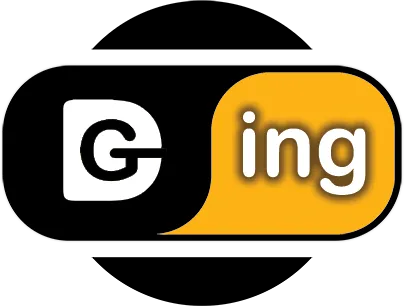
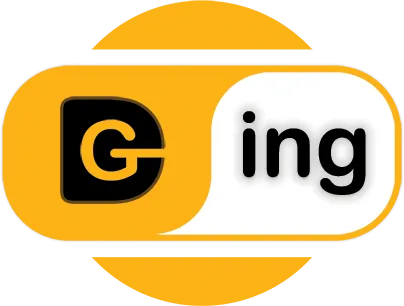
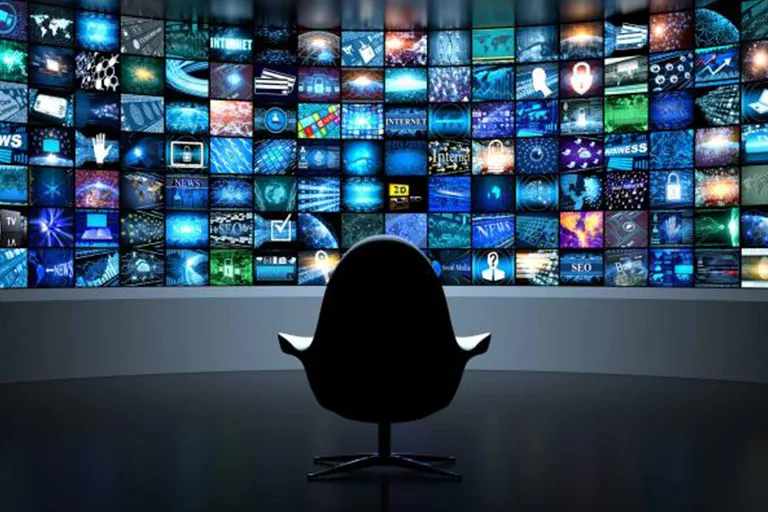
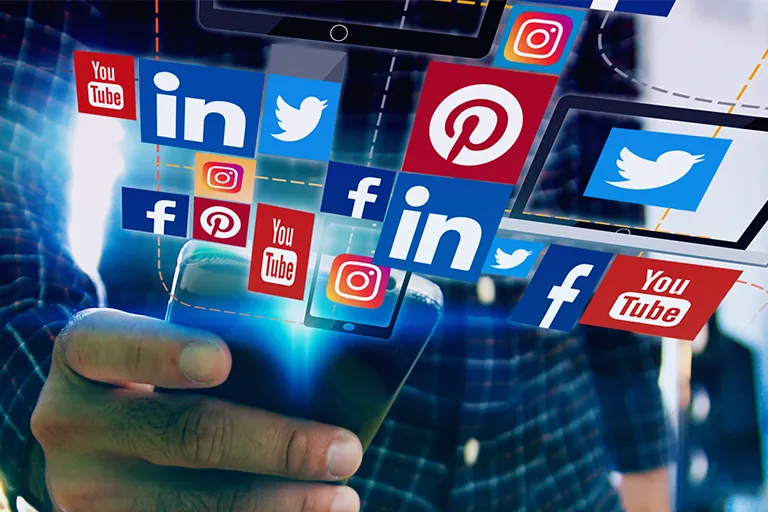


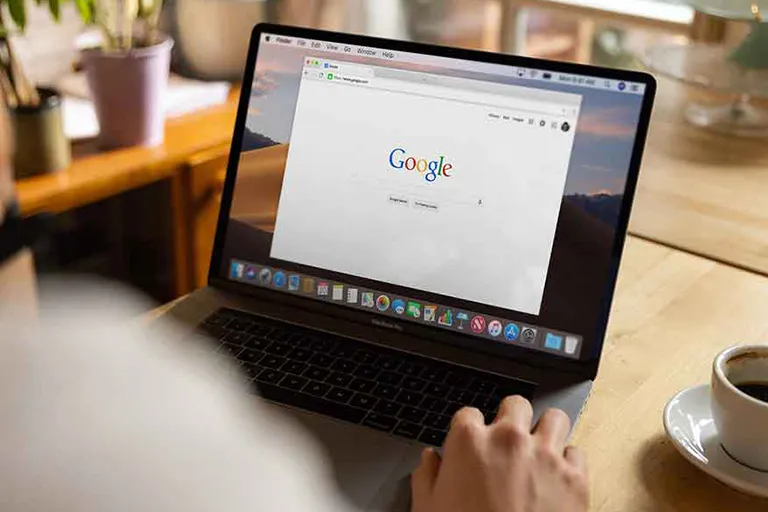


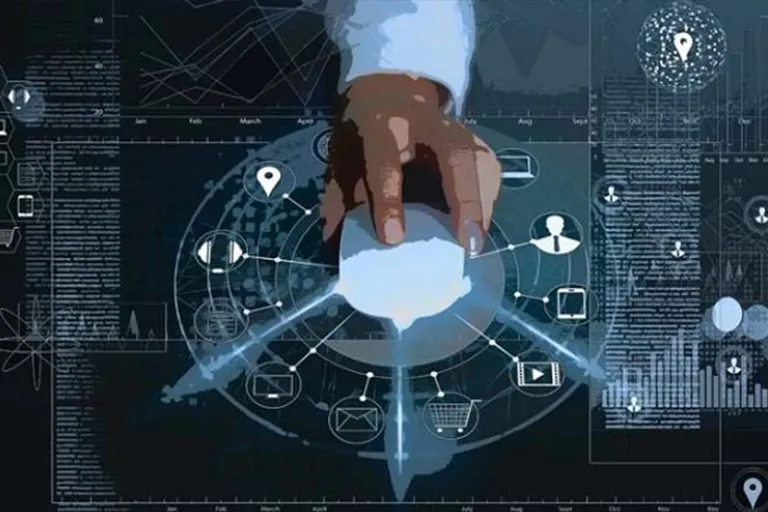





4 Comments. Leave new
exception
Hello, thank you for your attention
Explore an abundance of interesting and practical content, From expert articles to quick tips , you’ll find matching your interests.
Thank you for your comment